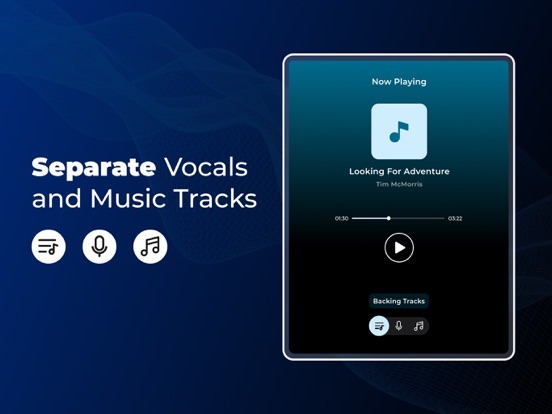Read more about voice clone here.
The advent of creator voice technology has revolutionized the landscape of digital content creation. Paired with the cutting-edge concept of voice cloning, creators can now diversify their creations like never before. Discover how these technologies are shaping the future of digital media and personal branding.
What is Creator Voice?
Creator voice refers to the unique vocal imprint of an individual, often utilized in various forms of digital content. It embodies the distinct tone, style, and personality of the content creator. This signature voice can be harnessed consistently across multiple platforms, providing a harmonious and branded audio presence.
Benefits of Creator Voice:
- Brand Consistency: A strong creator voice ensures uniformity in audio branding across all content channels.
- Audience Connection: Builds a deeper connection with the audience by providing a recognizable and relatable vocal identity.
- Professionalism: Elevates the professionalism of content by maintaining vocal consistency.
Understanding Voice Cloning
Voice cloning involves the replication of a person’s unique vocal characteristics through advanced artificial intelligence and machine learning technologies. By creating a voice clone, the original voice can be digitally reproduced, allowing for a variety of applications.
Applications of Voice Cloning:
- Entertainment: Used in movies, video games, and animated content for creating realistic vocal performances.
- Customer Service: Implemented in virtual assistants and chatbots to enhance user interaction with a human-like experience.
- Content Creation: Helps creators produce content efficiently by automating voiceovers with their unique voice signature.
Combining Creator Voice and Voice Cloning
When creator voice is amalgamated with voice cloning, the possibilities are endless. This fusion allows for the scalability of consistent and personalized content across various digital platforms, all while preserving the authentic voice of the creator.
Real-World Examples:
- Podcasting: Efficiently generate multiple episodes while maintaining the host’s unique voice.
- E-Learning: Deliver personalized learning experiences with consistent instructional voices.
- Advertising: Create targeted ads that resonate with specific audience segments by using a trusted voice.
Frequently Asked Questions (FAQs)
What is the difference between creator voice and voice cloning?
Creator voice refers to the distinctive vocal style of an individual, whereas voice cloning replicates that specific voice using artificial intelligence.
Is voice cloning ethical?
Ethics depend on consent and usage. Ethical voice cloning requires explicit permission from the individual whose voice is being cloned, and clarity on how the cloned voice will be used.
Can anyone use voice cloning technology?
While the technology is becoming more accessible, it often requires specialized software and expertise to implement effectively.
As technology evolves, both creator voice and voice cloning will continue to unlock new dimensions in the realm of digital content. For creators, brands, and consumers alike, the future promises innovative ways to connect, engage, and entertain.




